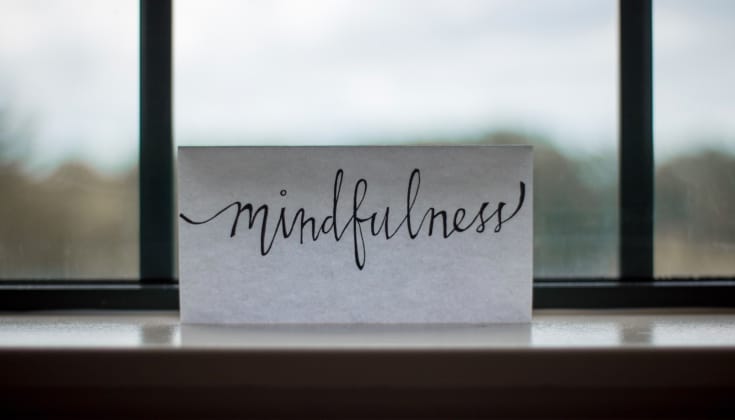Mindfulness is variously defined as “paying attention to your present moment experience” or as “non-judgmental awareness.” The Buddha is often quoted as describing it this way:
In the seen, there is only the seen,
in the heard, there is only the heard,
in the sensed, there is only the sensed,
in the cognized, there is only the cognized.
Mindfulness was so essential to the Buddha that it is one of the eight factors in the Fourth Noble Truth’s delineation of the path to awakening. But, as with the other factors on the path, the Buddha didn’t use the standalone word “mindfulness.” All eight factors are modified by the word samma. Samma is variously translated as “right” or “wholesome” or “skillful.” So, if there is right or wholesome or skillful mindfulness, this means there is wrong or unwholesome or unskillful mindfulness.
In my understanding, by using the word samma as a modifier, the Buddha was tying mindfulness to the intentions of the person practicing it. In this sense, mindfulness is inseparable from the Buddhist precept of non-harming.
Thus, the focused attention of a sniper while looking through the sight of a rifle is not mindfulness as it was taught by the Buddha. By the same token, if a person is practicing “mindfulness of traffic” and sees a child run into the street, I feel safe in assuming that the Buddha would not have told that person to passively observe: “Seeing a child run into traffic; hearing the screech of brakes.”
I’ve begun to define mindfulness as “caring attention to the present moment.” Caring attention is characterized by the intention not to harm and by the pro-active intentions to be kind, compassionate, generous. When, with mindfulness, you see a person suffering, this means you do what you can to help, even if it’s only giving a caring glance as you pass by, even if you’re only able to silently wish for the person’s suffering to ease.
Caring attention also means that you know when to abandon observing your present moment experience and, instead, take action to prevent harm, such as grabbing that child who’s about to run into traffic.
Finally, with caring attention, you’re better able to become aware of how your own actions might be harmful to you. For example, if you have a drinking problem, focusing on a row of whiskey bottles in the grocery store may be “attention,” but it’s not “caring attention” because it will increase your suffering as opposed to alleviating it.
Mindfulness practice is not ethically neutral even though some of the more popular descriptions of it may leave that impression. I hope that those who teach mindfulness in either a spiritual or a secular setting will include a modifier before the word, as did the Buddha, and as I’m suggesting by the use of the word “caring.”

